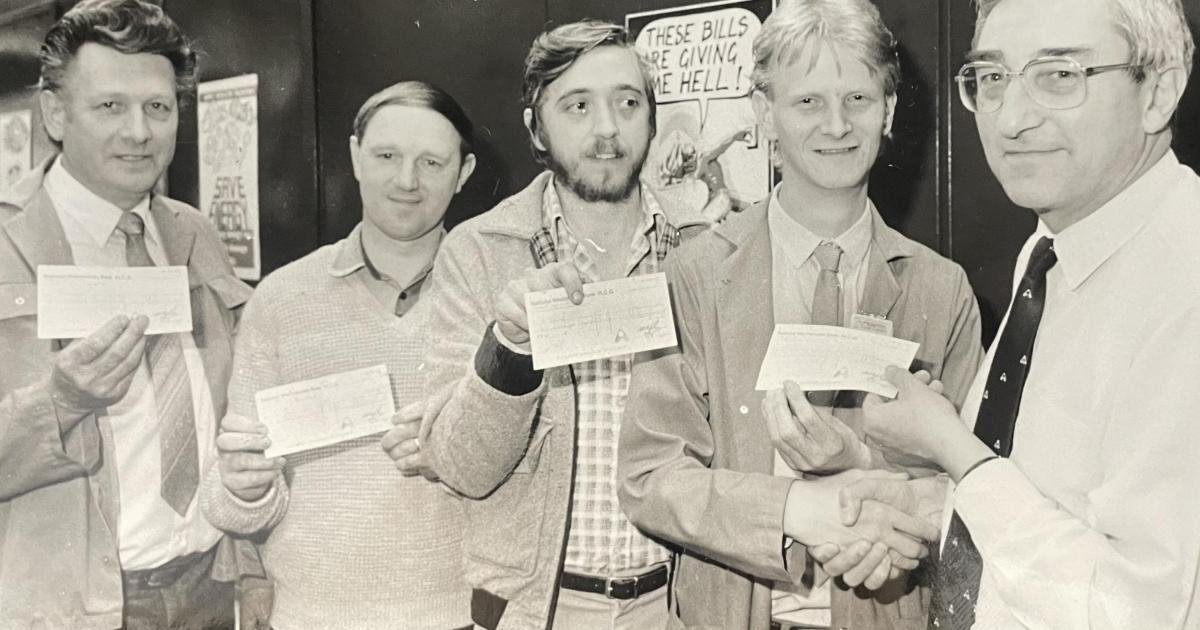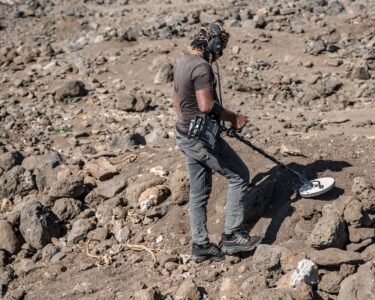Founded by Sir Henry Wiggin in the 1800s, the company began by manufacturing specialised alloys, going on to be responsible for those used in the production of gas turbine engines in World War II.
The company expanded significantly in 1976, investing £7 million in a new plant.
The spending spree saw its Holmer Road factory re-equipped, with the decision backing up the view that “Britain is getting on its feet again”.
At the time, the firm had a payroll of 2,400, with a “minor” recruitment drive ongoing.
This came just three years after the firm announced a £2.5 million investment was to be made, with planning permission granted for a new plant in the city.
Bosses hoped the investment would allow the firm to produce their most advanced complex alloys yet, using powder atomisation and hot isostatic pressing.

Read more:
Two years later, some workers were awarded for their hard work in energy conservation, each receiving £100 cheques from director , Mr Howard Toney.
In 2003, it was reported that the future was “looking bright” for the manufacturing firm, after a for-sale sign outside the factory had been taken down, after its American owners crawled out of “the shadow of bankruptcy”.

The invitation to the Rt Rev Anthony Priddis came from stores manager, Clive Evans, who, alongside his full-time job at Wiggin, was also an ordained member of the clergy.
“Having met the Bishop during his pilgrimage around the holy places of the diocese before he was officially made Bishop of Hereford, I thought it was important that he experience some of the industrial life of the city,” he said.




